The HMS Effort has worked to organize key elements (or "Pillars") of rigorous, reproducible and responsible research as identified by our community and represented in the "Pillars of R3" diagram below. These R3 Pillars include robust research design, prioritization and implementation of data management strategies, thoughtful analysis and interpretation of experimental outcomes and research data, clarity and transparency in data dissemination, and engagement in our community regarding these core concepts in research culture and practice.
The R3 Pillars are not meant to be prescriptive, nor are they mutually exclusive; these areas are often already routinely interwoven together in the daily work of researchers and scientists. The remainder of this page further explores these Pillars to illustrate in detail what each addresses.
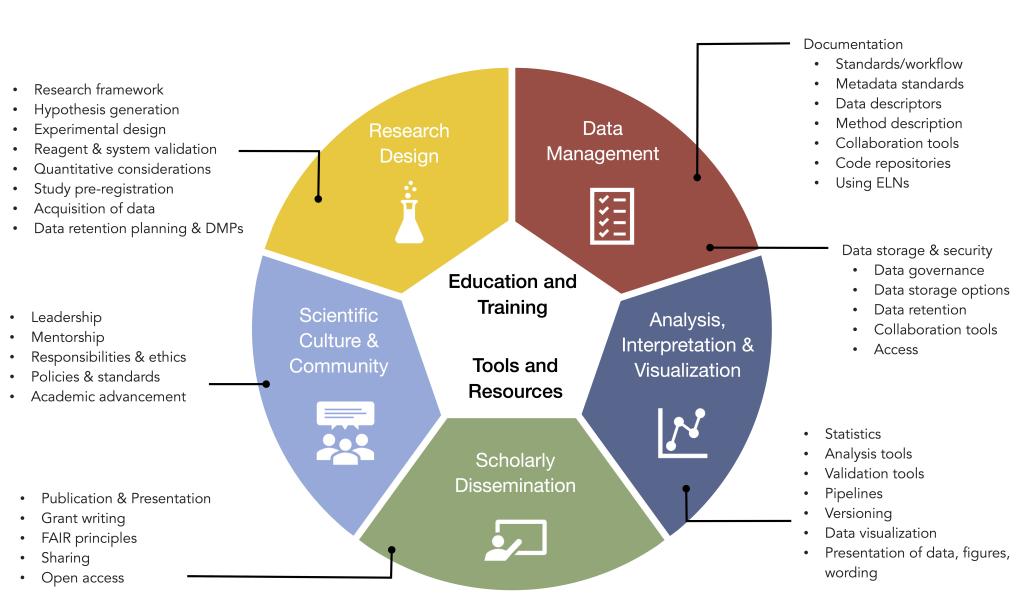
Research Design
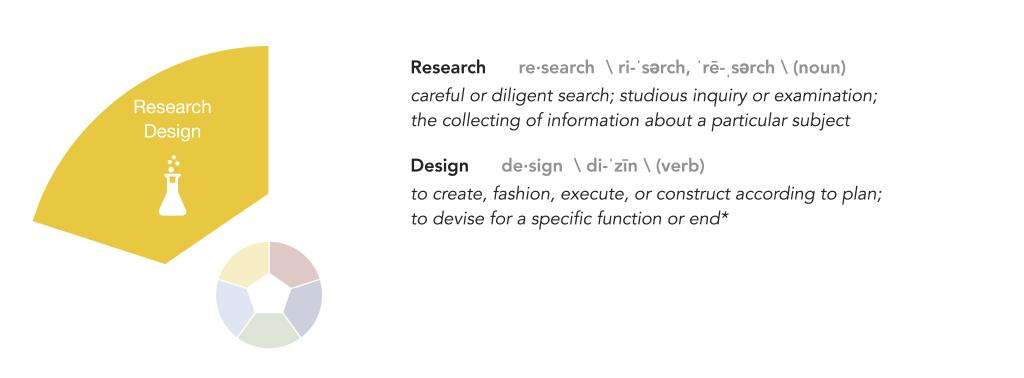
Thoughtful design of research studies and experiments is critical to producing rigorous results. Furthermore, many investigators have had the frustrating experience of restarting experiments when new analytical considerations necessitate revising the experimental design. Taking the time at or before the beginning of project work to look broadly and deeply at experimental design can enhance the value of the data generated and reduce wasted effort.
Data Management
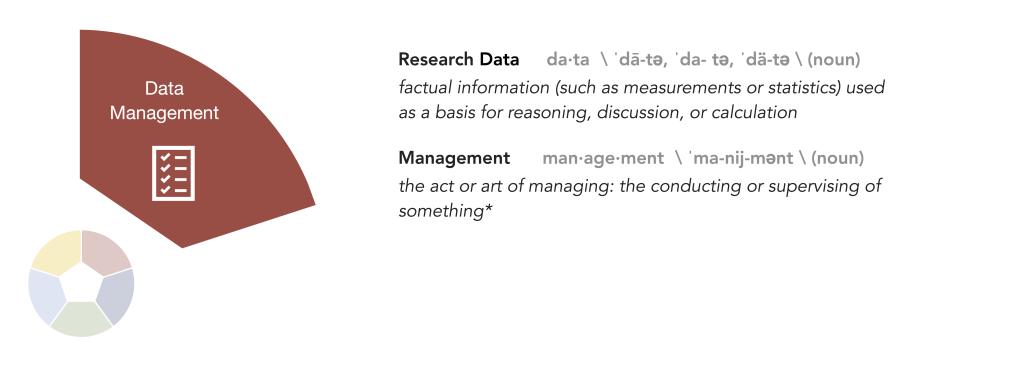
Consistent organization of research data provides a solid foundation for your active project work, and will sustain your efforts as a researcher throughout your career. Preparation invested in understanding data management planning, storage and sharing pays exponential dividends from project inception to completion. There are many resources supporting your data management needs both at Harvard & beyond. We are fortunate to have a dedicated team actively engaged in evaluating and developing materials and training specific to the research data lifecycle at Harvard. We encourage you to visit many of their excellent resources directly at the Harvard Longwood Medical Area (LMA) Research Data Management Working Group (RDMWG) webpage.
Analysis, Interpretation & Visualization
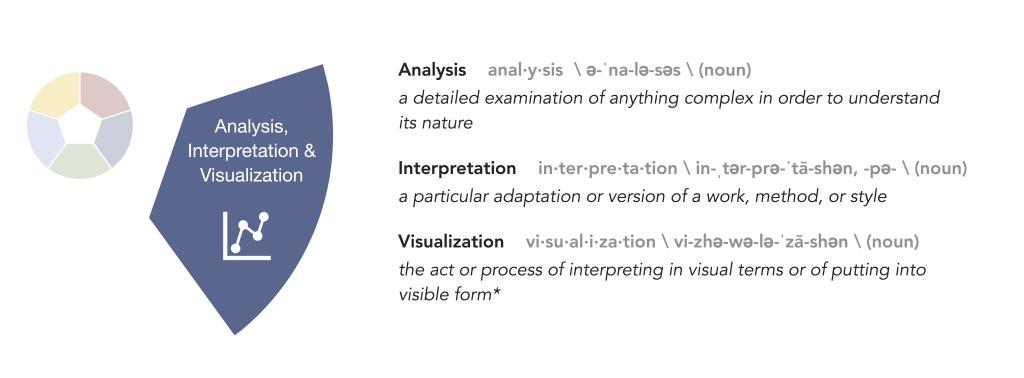
Choices related to analytical approaches and data presentation impact the interpretation and reproducibility of an experiment. The array of options for analyzing and describing research results is broad. Knowing how to select among them without biasing the resulting output is a science in itself.
Scholarly Dissemination
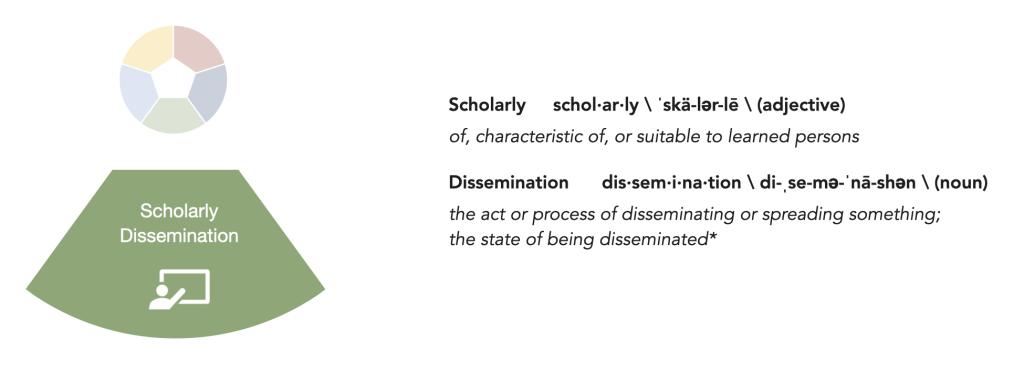
There are many ways in which scientists communicate the results of their work. In addition to peer-reviewed publications and presentations at symposia or in the classroom, there are pre-prints, and publicly shared datasets and software code, among others. The breadth and depth of recognized scholarly products continue to grow.
Scientific Culture & Community
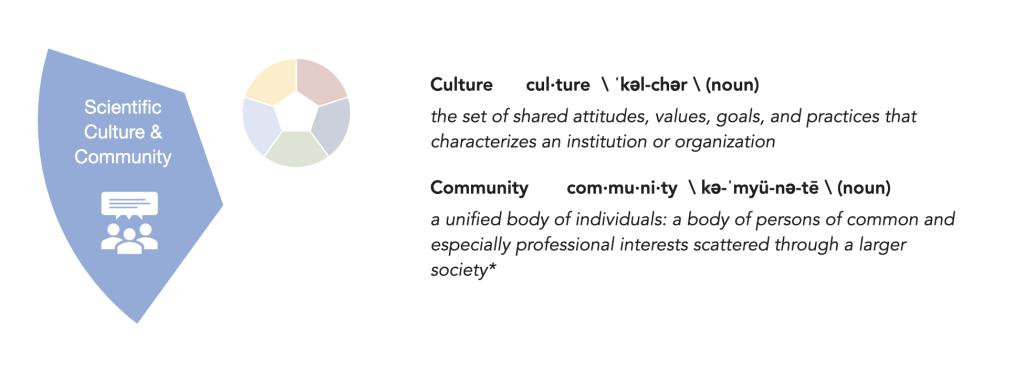
Our collective recognition of the importance of who we are as scientists is a key part of our combined commitment and responsibility, both personally and institutionally, to our cooperative engagement as scientists and academic research organization(s). There are many ways HMS and the broader scientific community are recognizing and developing opportunities for mentorship, leadership, and academic advancement, and additional resources that foster healthy research environments.